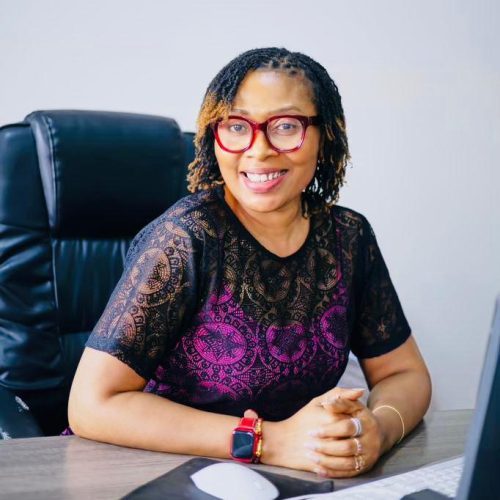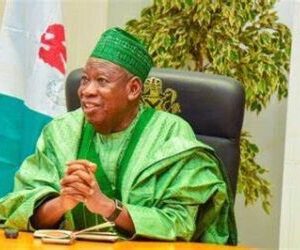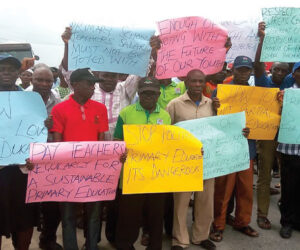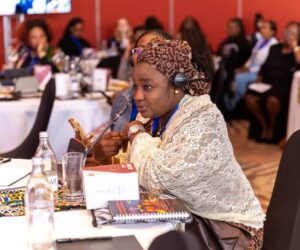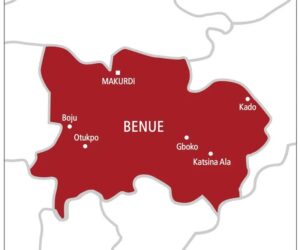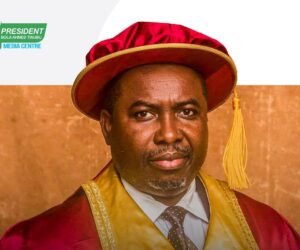The OjayAjaifia Foundation for Children with Disabilities (OFCD) has raised the alarm over what its founder described as the “systemic neglect and policy gaps” that deny millions of Nigerian children with disabilities access to education, healthcare, and equal opportunities.
Tounder and executive director, Orjiugo Gwueke Ajaifia, disclosed this in her keynote address at the pre-launch engagement of the Foundation in Abuja, themed “Empowering Children With Disabilities: From Vision to Action.”
According to her, children with disabilities remain among the most marginalised groups in the country due to poor data, weak policies, underfunded social systems, and entrenched societal stigma. She stressed the need for Nigeria to move beyond rhetoric to urgent reforms that guarantee their rights.
“Disability is not inability. What children with disabilities need is deliberate, systemic transformation, policies, budgets, and institutions that work for them. Until then, Nigeria cannot claim to be an inclusive society,” she said.
Founded in April 2025, OFCD is pushing for structural change through six interdependent pillars: healthcare support, inclusive education, mental health and well-being, family and community support, advocacy and awareness, and capacity building.
Ajaifia lamented that despite repeated government promises, inclusive policies for children with disabilities remain weakly enforced. She urged federal and state governments to adopt data-driven interventions, fund special needs education, and mainstream disability inclusion into national planning and budgetary frameworks.
She further disclosed that the Foundation is already conducting a disability data-mapping project in the FCT to build Nigeria’s first national disability data bank—an initiative she argued government should have championed decades ago.
In his goodwill message, the Chief Responsibility Officer of the Center for Ability Rehabilitation and Empowerment (CARE), Dr. Chike Okogwu, highlighted the neglect of the disability community, urging the government—especially policymakers—to deliver on their constitutional responsibilities to enable persons with disabilities, particularly children, to live more meaningful lives.
“Empowering children with disabilities is not charity. It is justice. It is equity. It is nation building. Policymakers must stop paying lip service. We need action in budgets, action in schools, action in healthcare, and action in communities,” he charged.
Okogwu, himself living with disability, recounted personal stories of exclusion, including children barred from social events for having polio. He argued that such discrimination persists because of government’s failure to enforce laws protecting persons with disabilities.
Earlier in her welcome address, Yechenu Tukura, OFCD Communications Lead, said the engagement was designed to mobilise stakeholders and put pressure on leaders to treat children with disabilities as “artists, leaders and change makers,” not as afterthoughts.
The Foundation’s official launch is scheduled for September 2025, where it intends to showcase creative works by children with disabilities as a call to action for policymakers.

